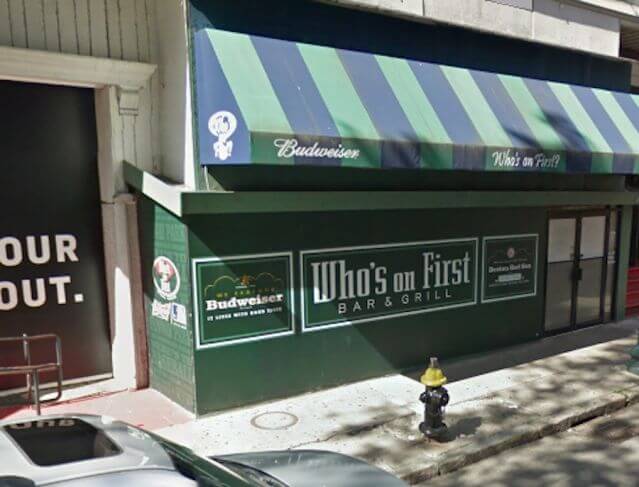The MSPCA is pushing Massachusetts lawmakers to join New Jersey, New York and California in banning the sale of elephant ivory and rhino horns.
“Never has the timing been more urgent,” MSPCA spokesman Rob Halpin said.
“Massachusetts plays a key role in the demand for illegal ivory and the destruction of elephant and rhino populations across Africa.”
New Jersey became the first state in the nation to ban ivory sales last August. According to the MSPCA, at least 100,000 African elephants have been killed for their tusks.
House Bill 1275, introduced by Senator Jason Lewis and Representative Lori Ehrlich, would ban the sale of ivory and rhino horn in Massachusetts, a critical step in the fight to save these animals from extinction. Ninety-six Massachusetts legislators have signed on as co-sponsors. RELATED: City leaders seek fees, permits for Boston street performers
“African elephants and rhinos are being killed at an unprecedented rate as demand grows for their tusks and horns,” Halpin said in a statement. “Between 2010 and 2012, 100,000 elephants were killed for their ivory, representing the worst mass slaughter of elephants since the international ivory trade was banned in 1989.” It might be hard to believe, but Boston ranks fourth on the list of cities with the most ivory sales in the United States according to a report from the International Fund for Animal Welfare. Many antique shops in the Bay State won’t sell ivory products, but a quick search on Craigslist yields plenty of ivory items for sale Haplin said.
“This bill would clamp down on illegal ivory and rhino horn material. Federal ban from 1990 saying all ivory sold prior is legal,” Haplin said. “However, it’s extremely difficult to distinguish old and new ivory. The bill doesn’t punish people from possessing and inheriting ivory, but it can’t be sold for profit. Craigslist is a vehicle of ivory trade, but one obviously can’t be sure if it is real ivory, or if it’s pre or post 1990 ivory. There is a black market for ivory. All ivory is suspect at this point.” Web-based retailers like eBay and Etsy prohibit ivory sales.
The bill would not criminalize possession of elephant ivory already owned by state residents or prohibit inheritance or noncommercial gifts. It would, however, ban the sale of legally possessed ivory, a provision that has drawn concern from musician groups. Kathleen Bitetti, co-founder of the Massachusetts Artists Leaders Coalition, told the State House News Service her group is engaged in a “friendly conversation” with the bill’s sponsors to avoid unintended consequences, like forbidding musicians from reselling their instruments that contain ivory. RELATED: Archaeological treasure hunt underway on Boston Common “A lot of musicians have put their life savings into their instruments, and that’s their retirement,” Bitetti said.
Halpin said that there are roughly 28,000 rhinos left, and their population has been decimated to a point where they can’t reproduce to sustain their numbers.
“We’re seen auction houses selling ivory that turns out to be wood,” Halpin said. “It’s something that is coveted. There’s a big music and art scene, so they can be parts of the instruments and the trinkets are very valuable. Huge money maker for those poaching and trafficking. It’s like the climate crisis. There comes a point where we run out of time and reflect on decisions we could have and should have made.” Representative Lori Ehrlich sponsored the House Bill 1275 and Senator Jason Lewis has sponsored S. 440, which were heard in the committee on Environment, Natural Resources on Wednesday.


















